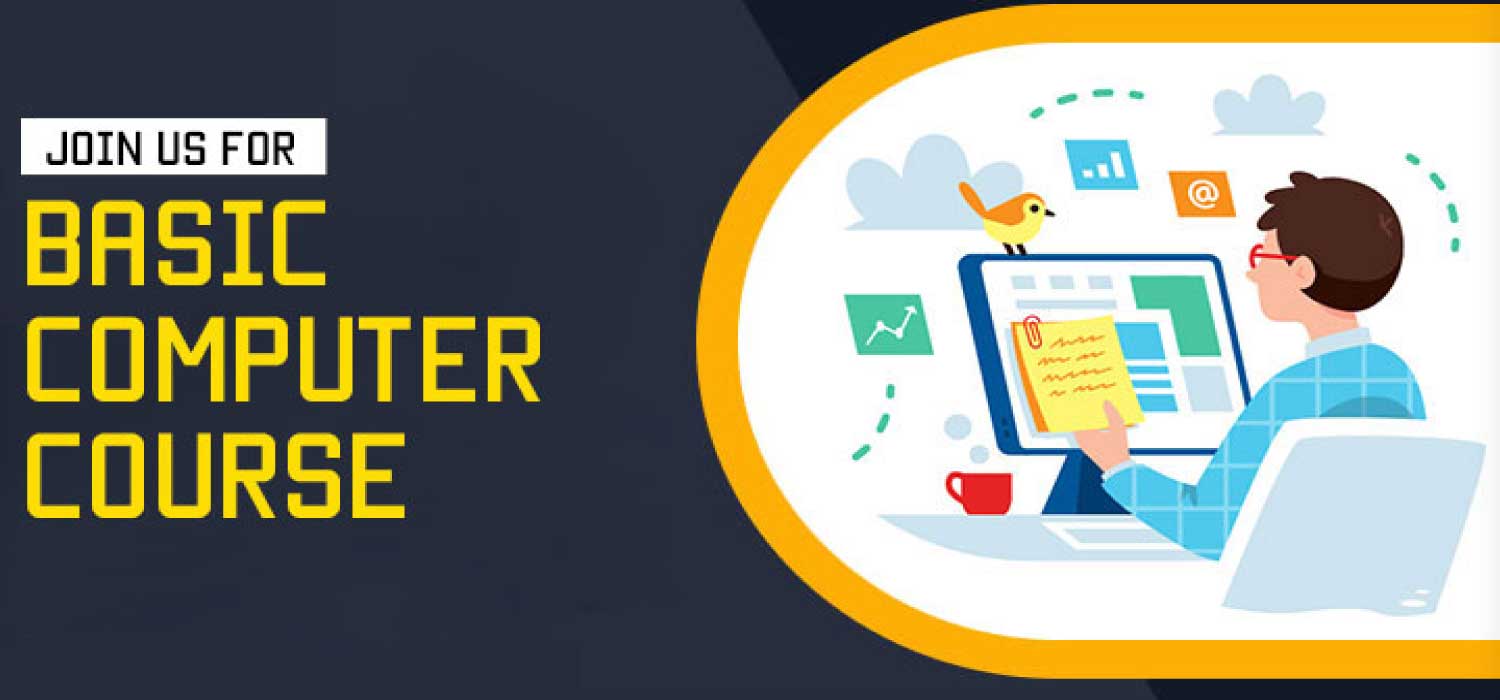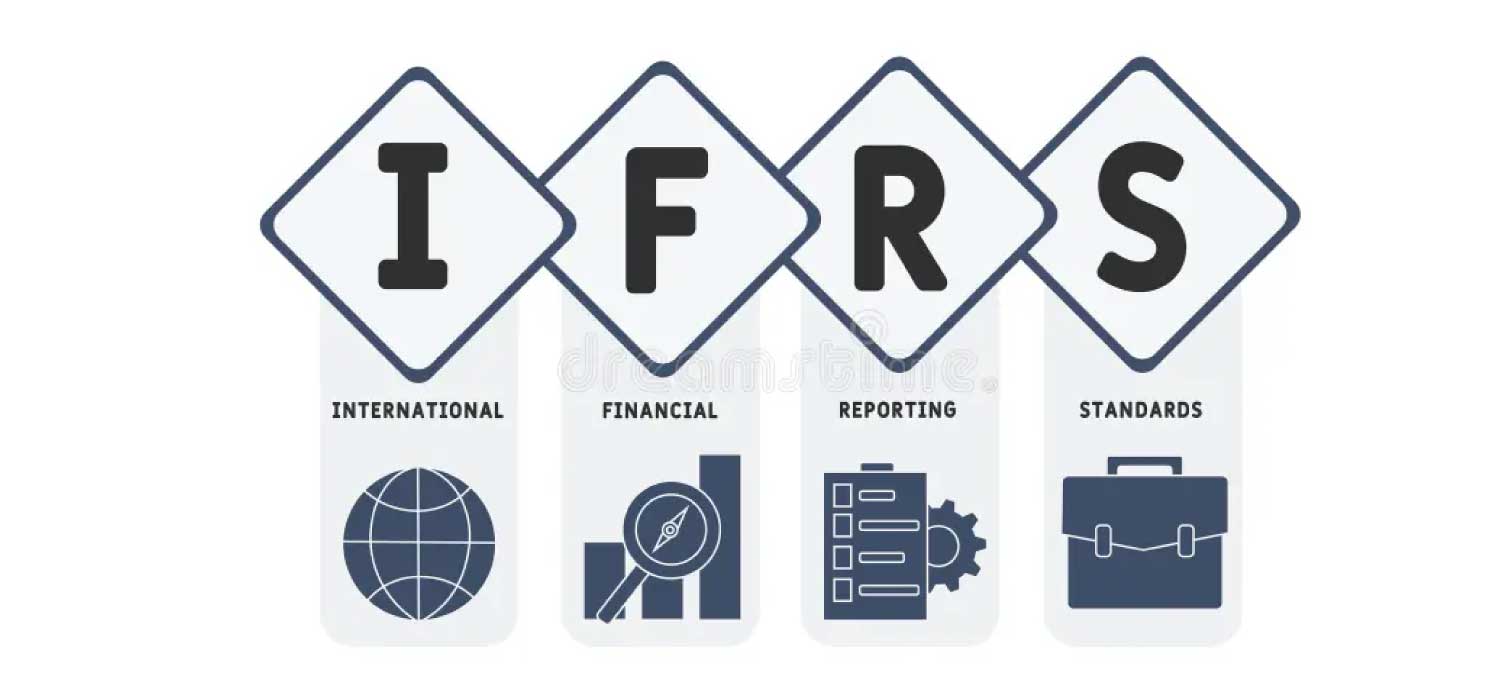Project Development and Proposal Writing Course
, Project Development and Proposal Writing Course
Project Development and Proposal Writing Course to acquire the essential skills and knowledge needed to create persuasive proposals, secure funding and increase your chances of success in achieving your project goals.
However Project development refers to the process of taking an idea or concept and turning it into a fully planned and executed project. It involves several stages and activities that contribute to the successful completion of the project.
A project development course is a type of training that teaches people how to create and handle projects effectively. It provides step-by-step guidance on how to plan, organize and complete projects successfully.
Proposal writing is the process of creating a persuasive document that outlines a plan or solution to address a specific need or problem. It involves presenting a clear and concise proposal to convince others to support or approve the proposed idea or project.
A proposal writing course is a training program that helps individuals learn how to write effective proposals. It teaches people how to create persuasive documents that propose ideas, projects or solutions to meet specific needs or goals. The course focuses on developing the necessary skills and techniques to craft compelling proposals that capture the attention of the intended audience and increase the chances of success.
Objectives of project development course
- Understand project management principles
- Develop project planning skills
- Enhance project execution capabilities
- Improve project communication
- Foster teamwork and collaboration
- Master risk management
- Cultivate project monitoring and control
- Strengthen project leadership
- Enhance stakeholder management
- Promote quality management
- Develop project evaluation and closure skills
- Incorporate ethical considerations
- Apply project management tools and software
- Foster continuous improvement
By achieving these objectives, participants in a project development course can enhance their project management skills, increase project success rates and contribute to the efficient and effective execution of projects within their organizations.
Who should enroll in the project development course?
- Project managers
- Team leaders and supervisors
- Project team members
- Entrepreneurs and business owners
- Functional managers
- Professionals transitioning into project management roles
- Individuals involved in non-profit or social impact projects
Objectives of proposal Writing course
- Understand the purpose and importance of proposals
- Learn proposal structure and components
- Develop effective research and analysis skills
- Enhance persuasive writing techniques
- Understand proposal evaluation criteria
- Develop effective communication strategies
- Improve project planning and budgeting
- Practice proposal writing through practical exercises
- Develop critical thinking and problem-solving abilities
- Enhance overall professional communication skills
- Understand ethical considerations in proposal writing
By achieving these objectives through a proposal writing course, participants can enhance their ability to create well-structured, persuasive and effective proposals that increase their chances of success in various professional settings.
Who should enroll in the proposal writing course?
- Grant writers
- Business development professionals
- Project managers
- Researchers and academics
- Consultants
- Nonprofit organizations
- Government employees
- Entrepreneurs and startups
- Sales and marketing professionals
- Freelancers and independent professionals
- Anyone interested in enhancing proposal writing skills
Enroll in the Project Development and Proposal Writing Course to acquire the essential skills and knowledge needed to create persuasive proposals, secure funding and increase your chances of success in achieving your project goals. Enroll today by contacting us via this email address info@suitablenetwork.com. You can as well send us a WhatsApp message on +254722717744.
Top of Form









